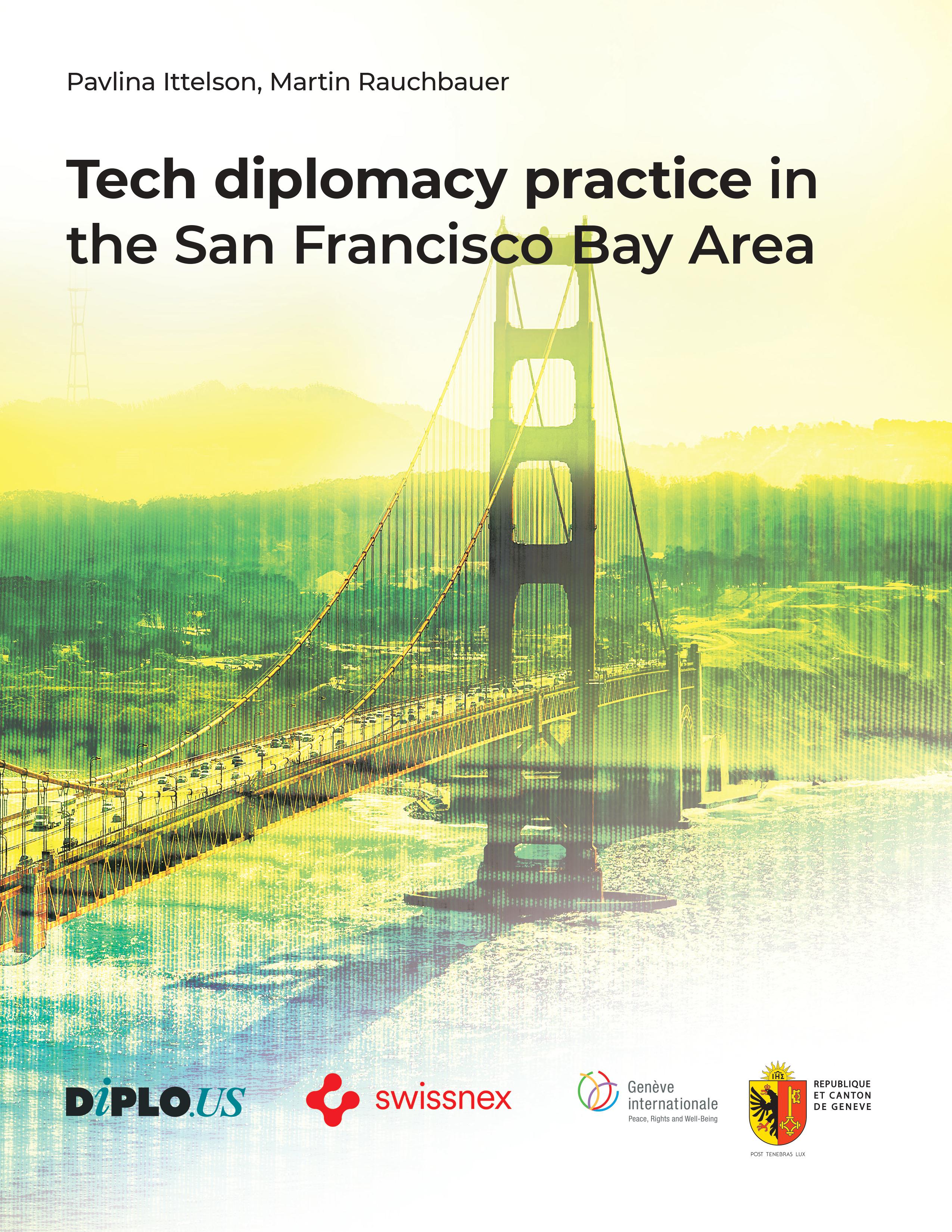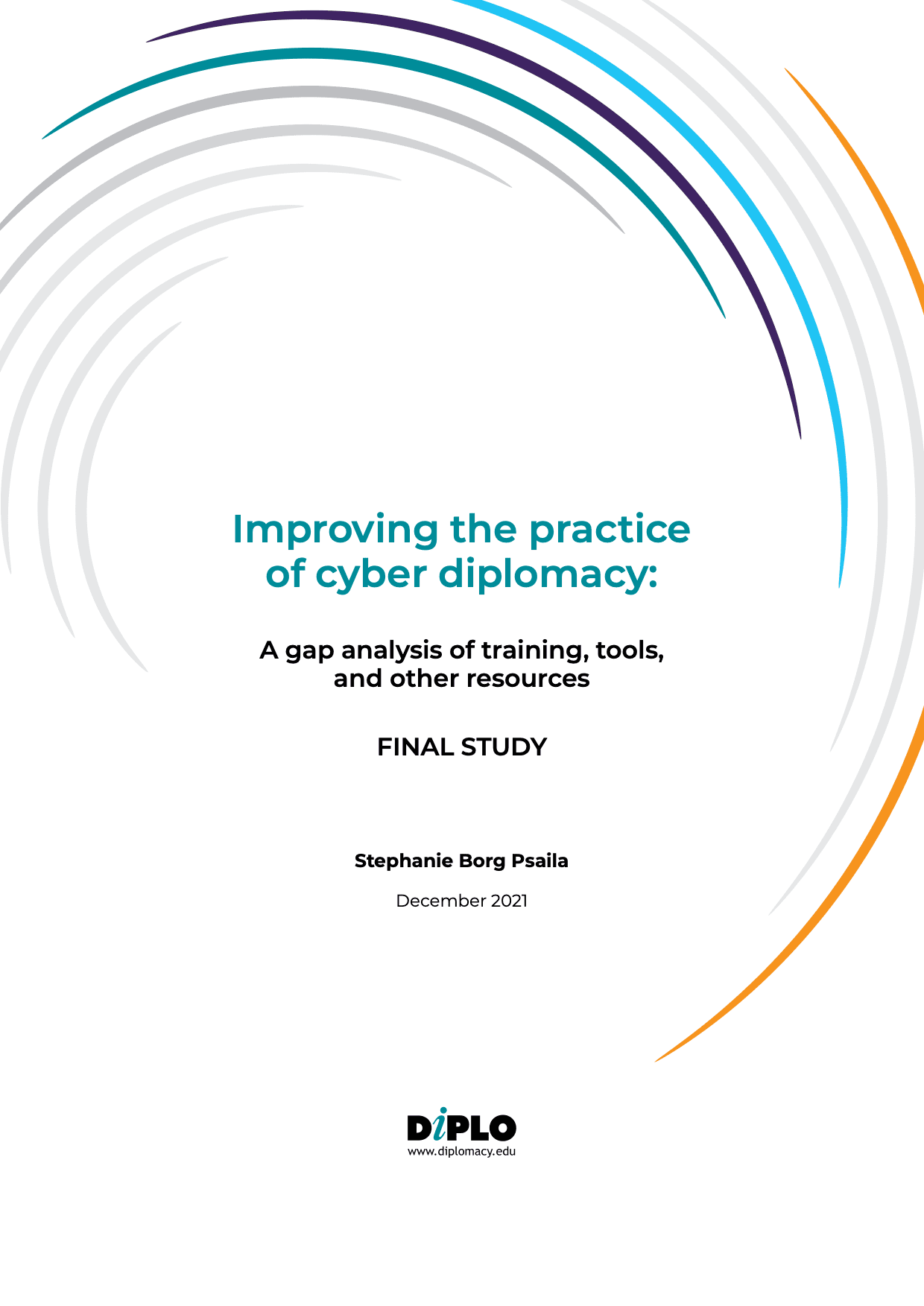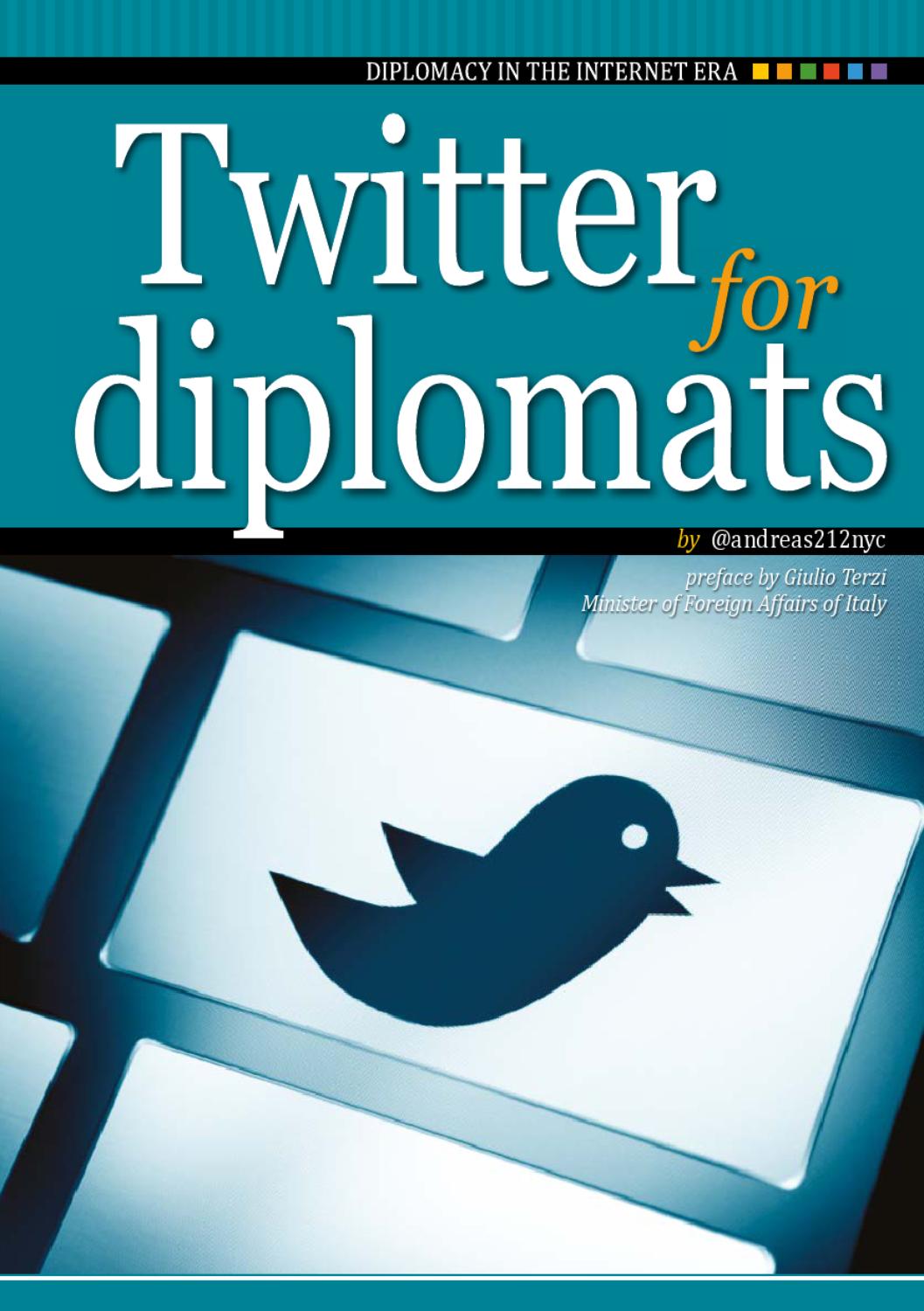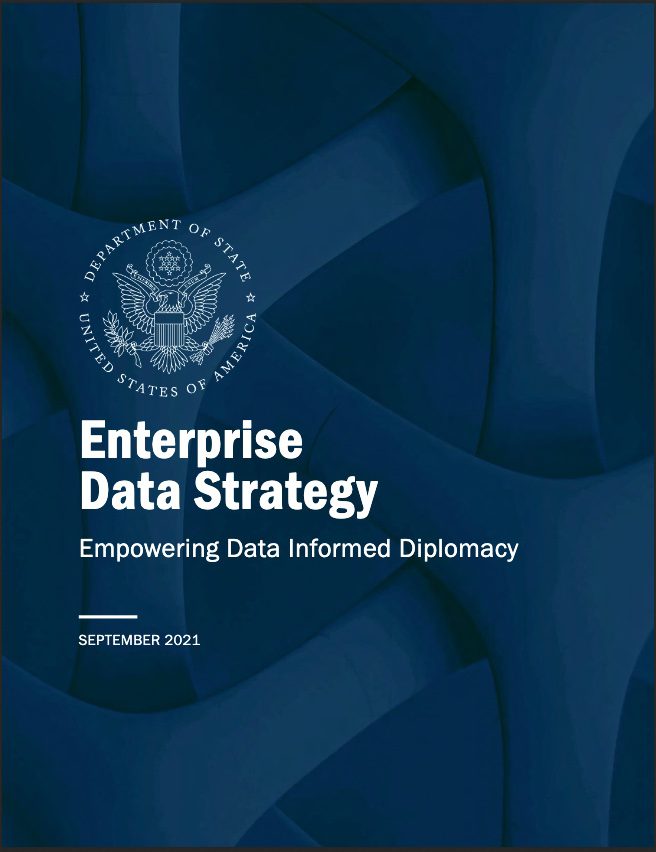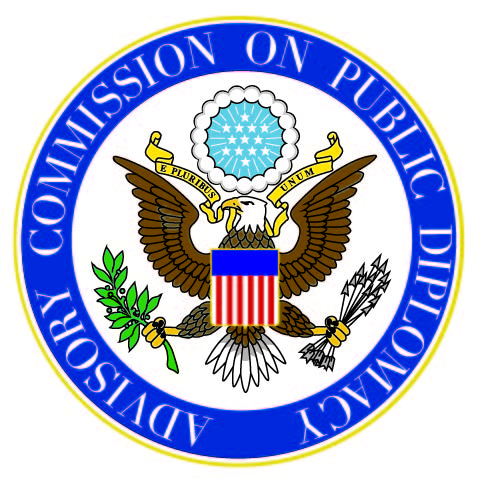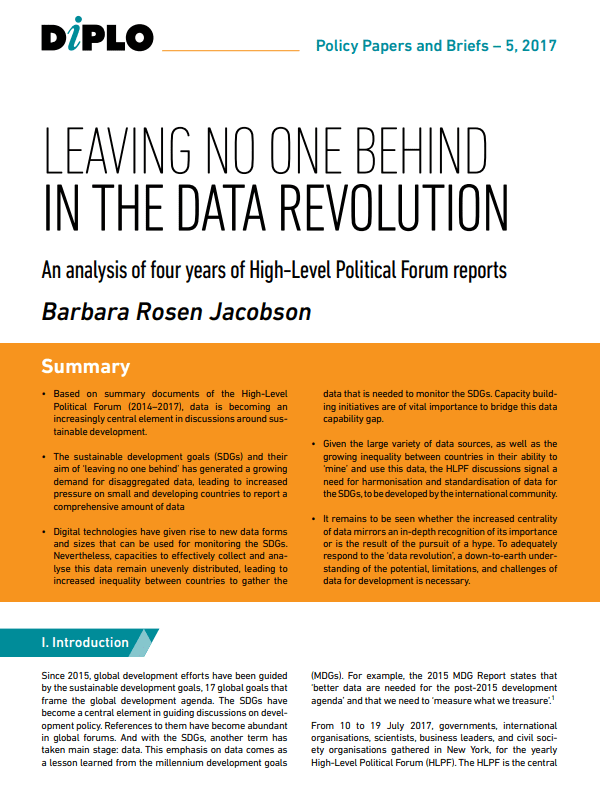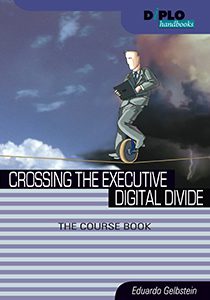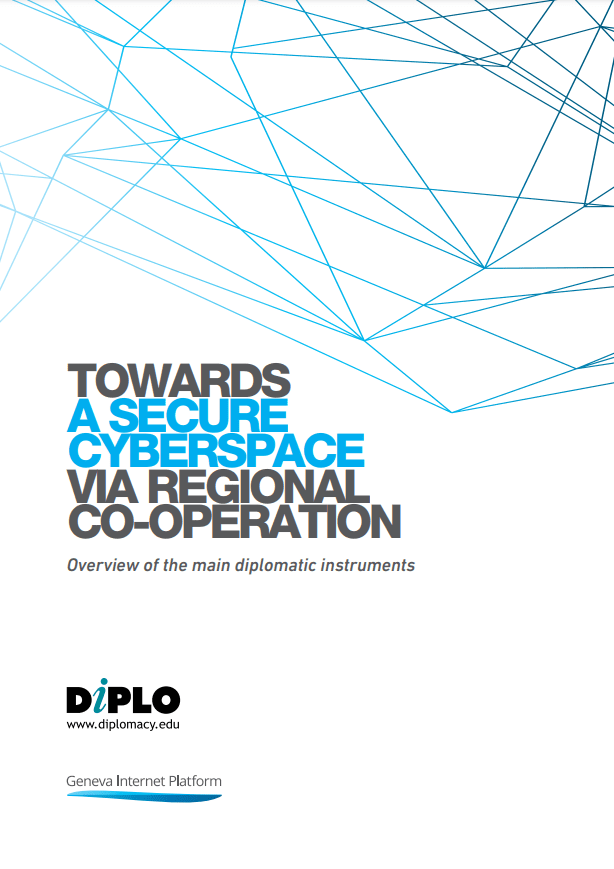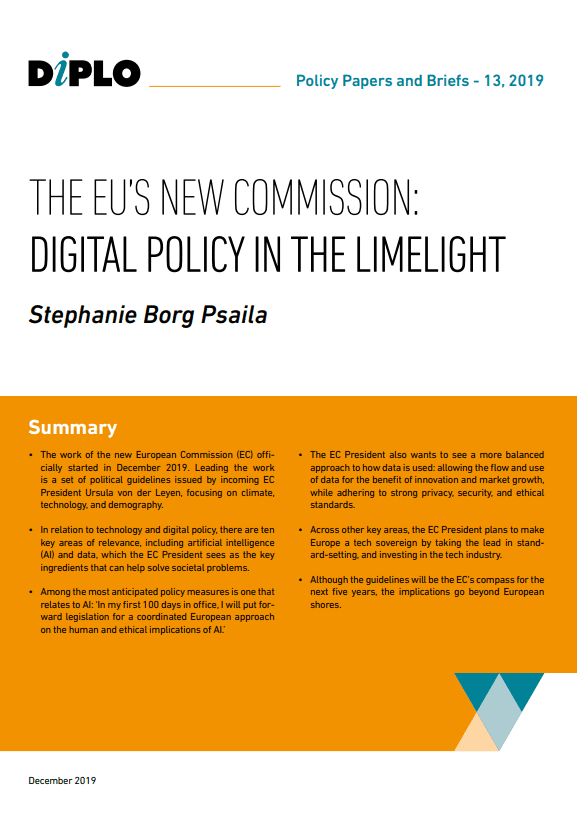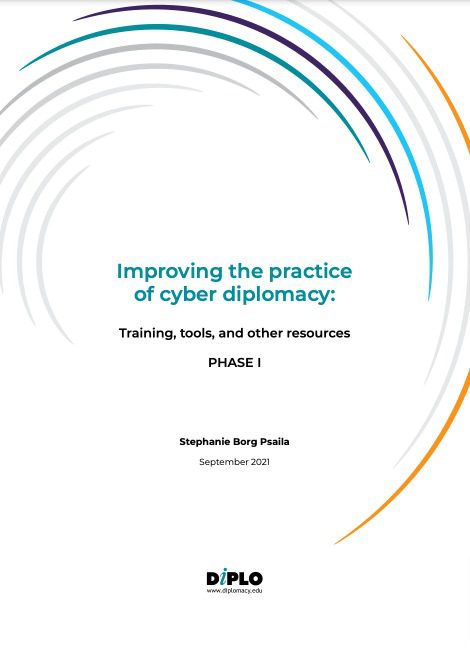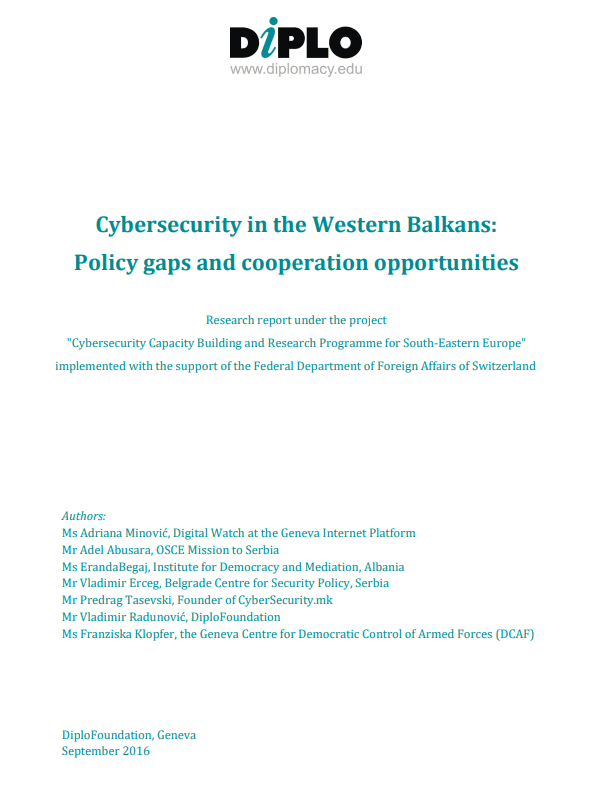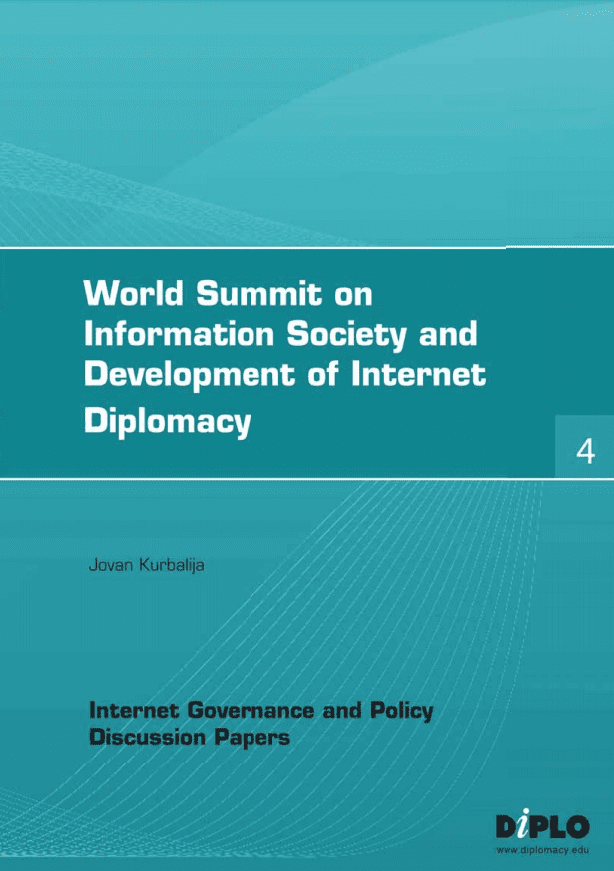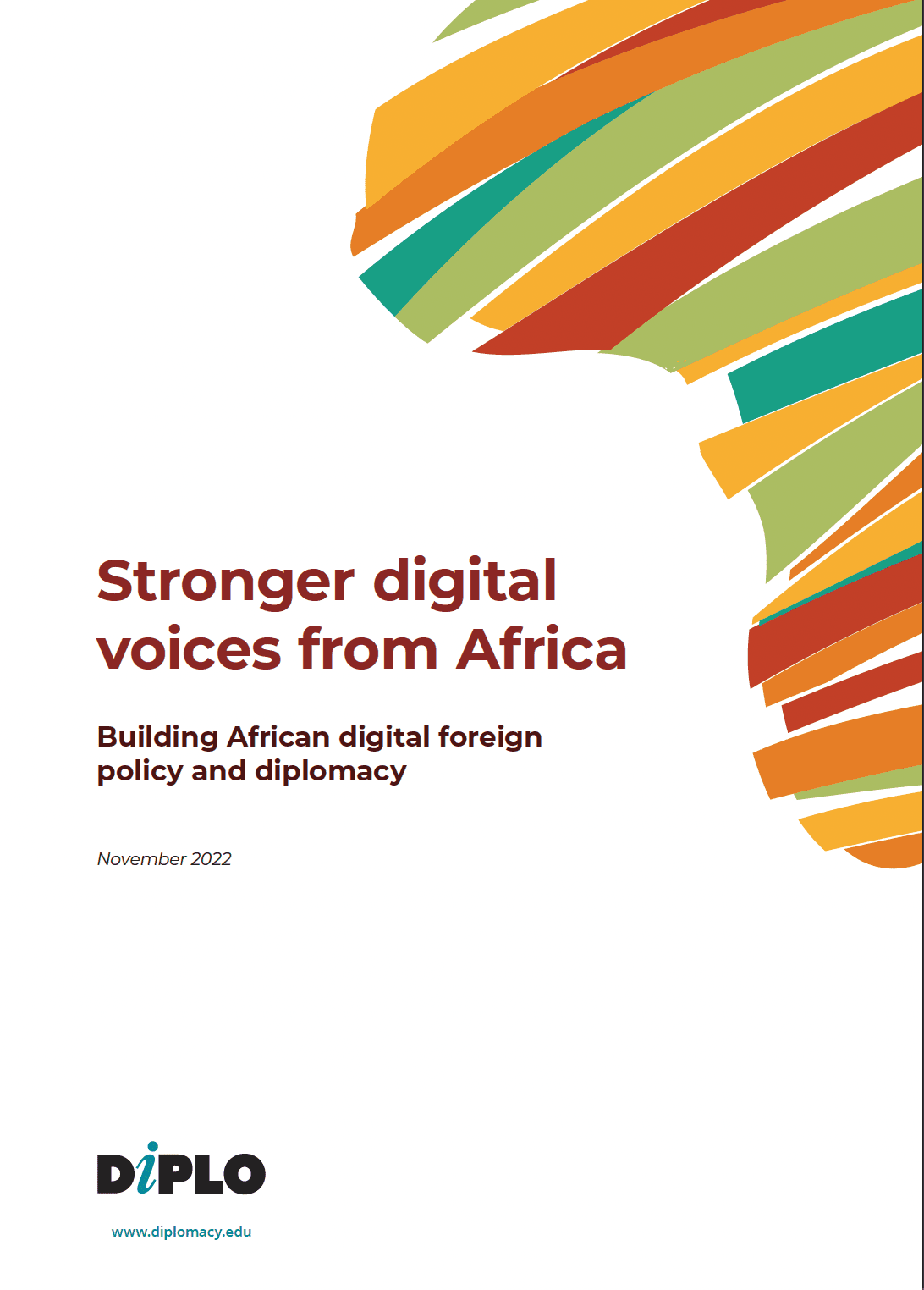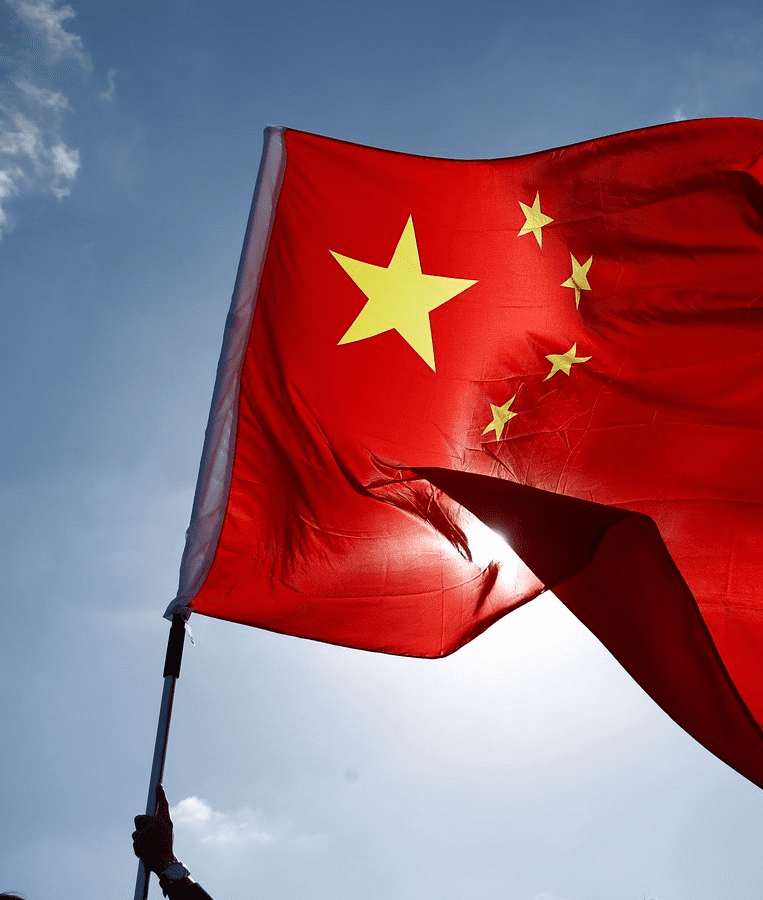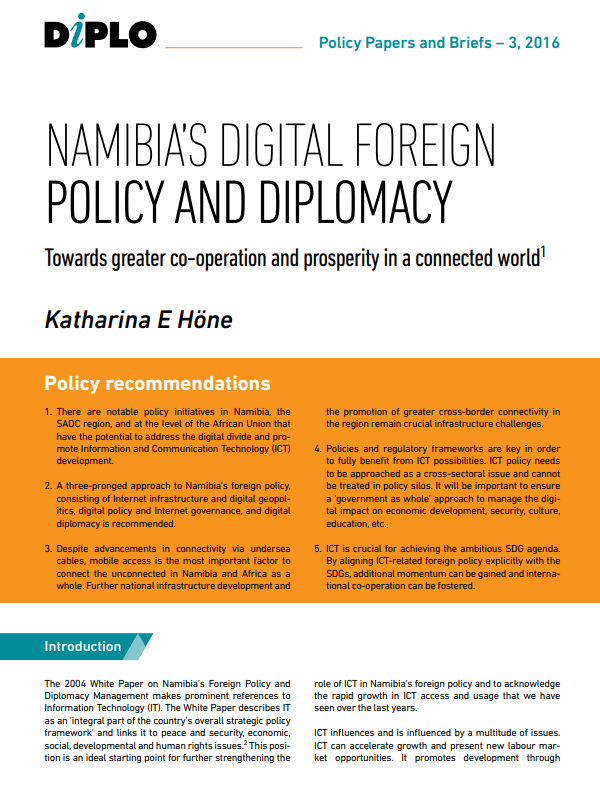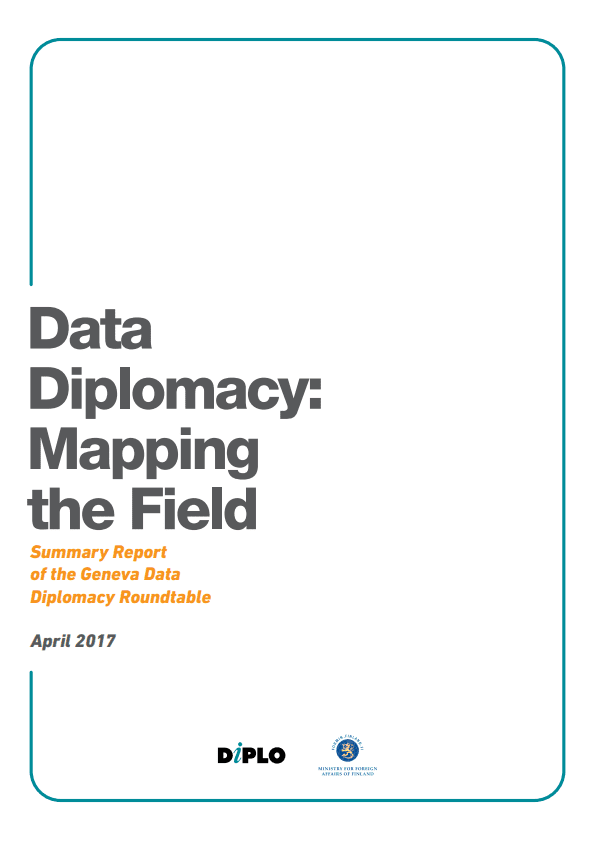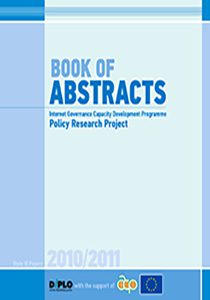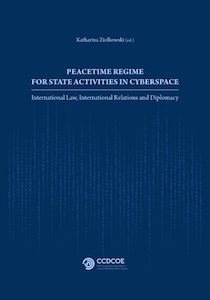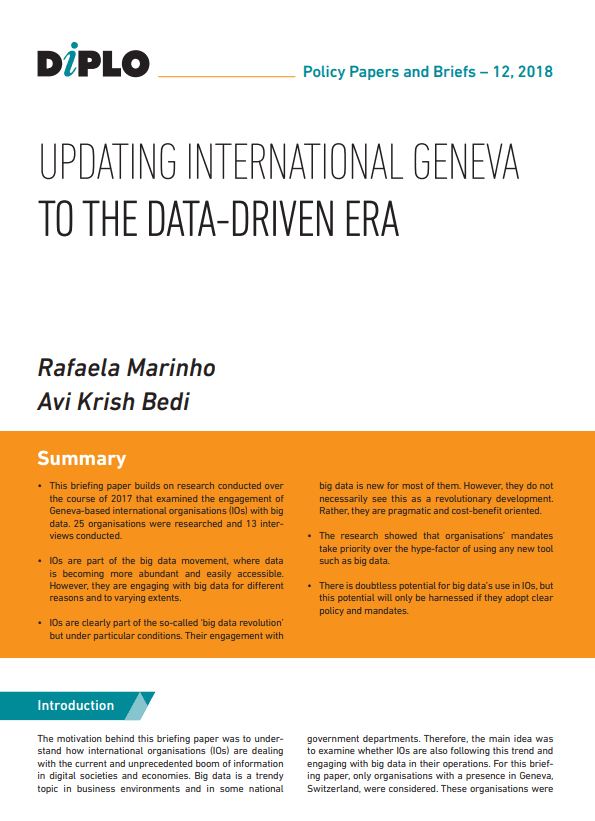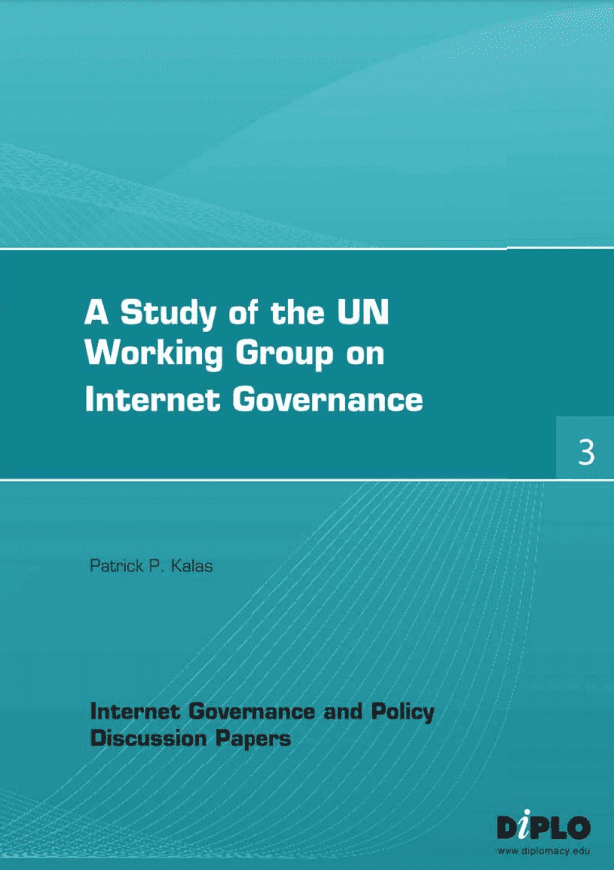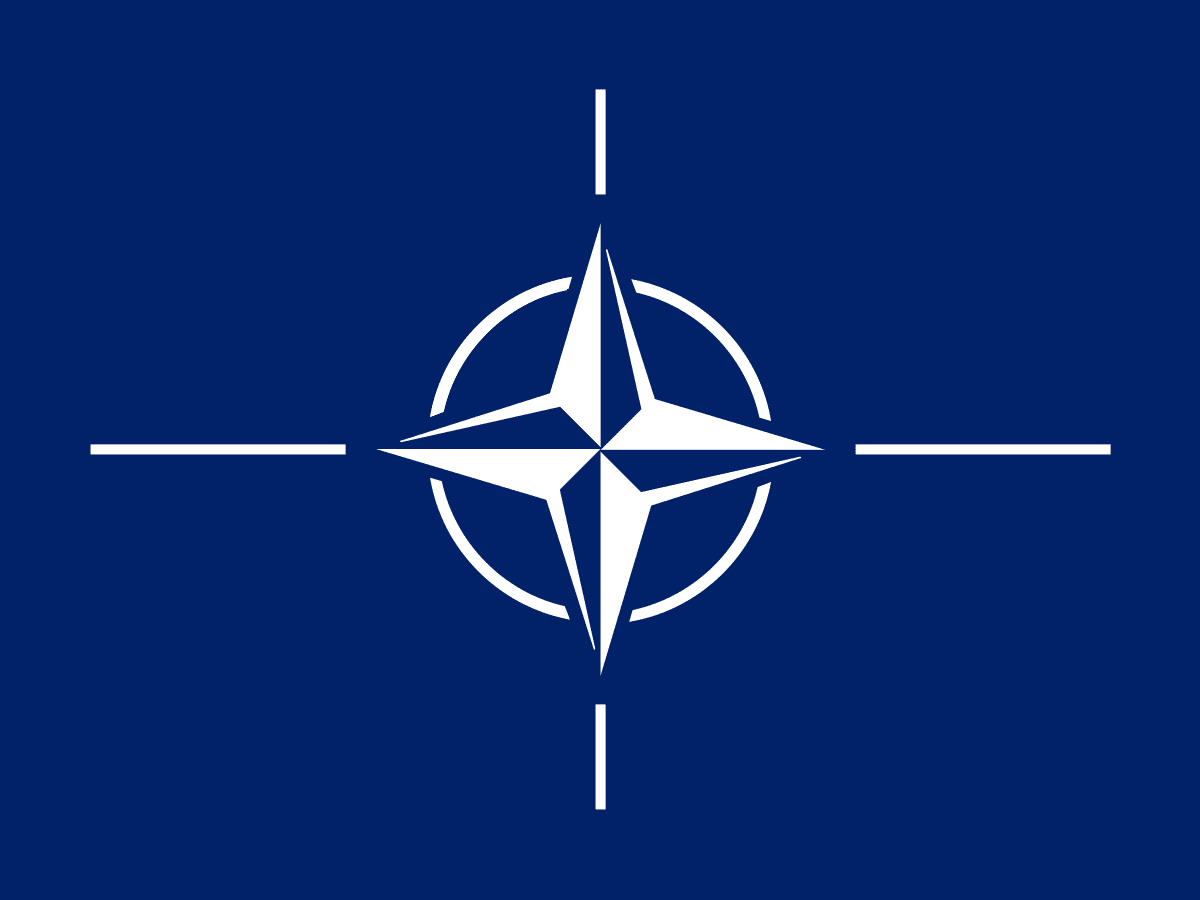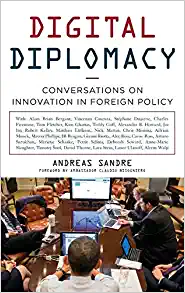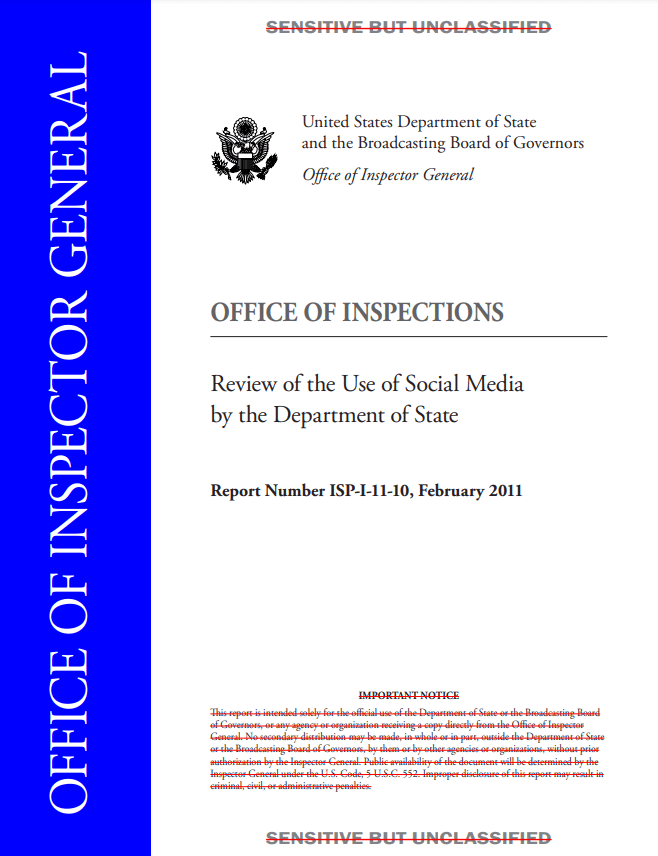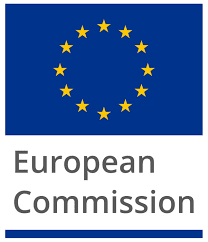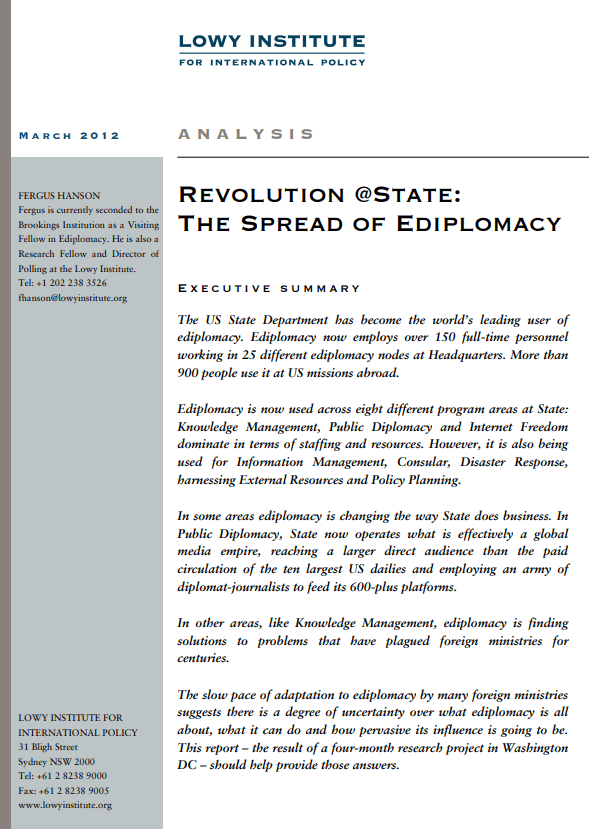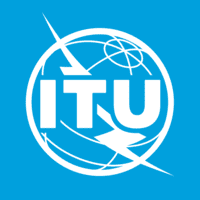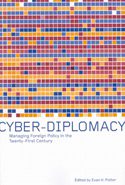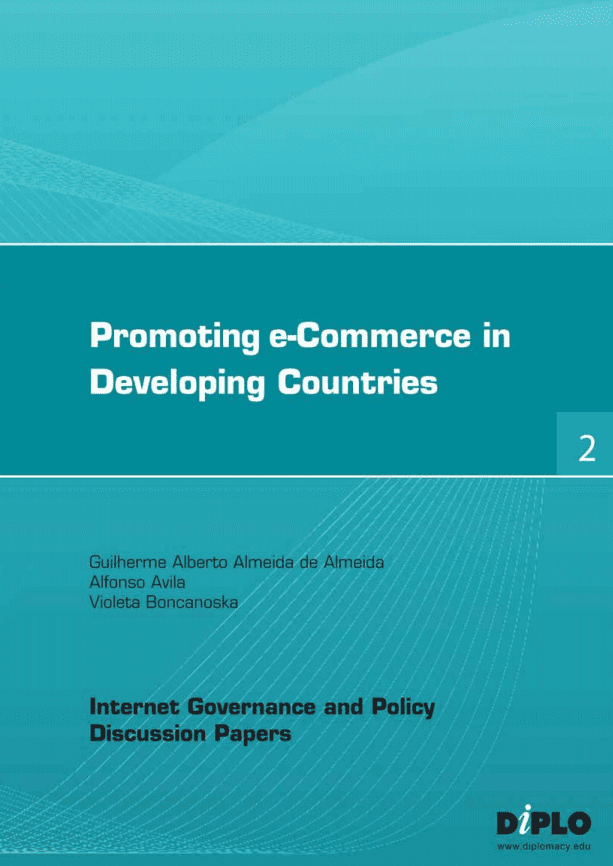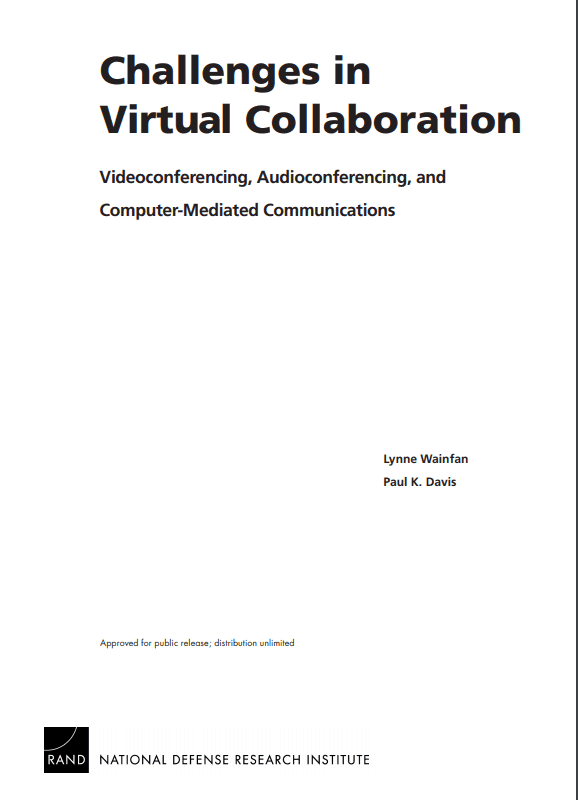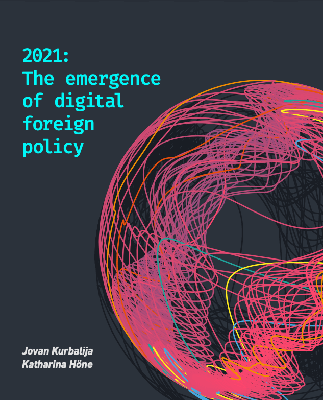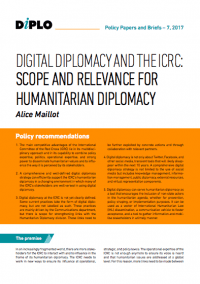Tech diplomacy is an emerging field in the practice of international relations and diplomacy. It fosters dialogue between states and the tech industry, and was spurred by the rise of tech companies and their influence in areas beyond national borders. There is still no established definition of the term ‘tech diplomacy’, neither academically nor in practice. Several other related types of diplomacy are widely used and are seemingly competing or overlapping with the term. These include ‘e-diplomacy’, ‘cyber diplomacy’, ‘science diplomacy’, and ‘digital diplomacy’.
Today, ‘tech diplomacy’ is a concept used by diplomacy practitioners when they engage with tech companies. It can be geographically and historically linked to the Bay Area, where local diplomatic representations have used the term since 2017 (when Denmark appointed its first global tech ambassador, with an office in San Francisco). Countries also use ‘tech diplomacy’ to describe their relationships with global tech companies in Silicon Valley, which is still the world’s largest innovation ecosystem despite recent developments.
Tech diplomats engage with private companies, think tanks, civil society, and academia in fields that transcend the mere digital. These include frontier technologies such as robotics, blockchain, 3-D printing, augmented and virtual reality, biotechnology, quantum computing, AI, and others.
Tech diplomats in the Bay Area deal with a wide range of subject matter and issues, not only in connection to national agendas, but also global ones such as human rights, the upholding of democratic values, ethics and technology, and the ways future economic and social development can be affected by technology.
An umbrella term
Currently, there is no established definition of ‘tech diplomacy’. In practice, each state defines their understanding of the term in their policies, and establishes the scope of interactions of its tech diplomats. The range of these scopes is wide: from tech ambassadors with specific, defined goals, to global tech ambassadors with the ability to independently determine goals.
In academia, ‘tech diplomacy’ is defined as a section of science diplomacy, digital diplomacy, or economic diplomacy.
Brazil’s tech diplomat to San Francisco, Mr Eugenio V. Garcia, defines tech diplomacy as ‘the conduct and practice of international relations, dialogue, and negotiations on global digital policy and emerging technological issues among states, the private sector, civil society, and other groups’.1Garcia, E. V. (2022). What is tech diplomacy? A very short definition. Beyond the Horizon Blog. https://behorizon.org/what-is-tech-diplomacy-a-very-short-definition/#:~:text=as%20depicted%20below.-,Technology%20Diplomacy%20is%20the%20conduct%20and%20practice%20of%20international%20relations,civil%20society%2C%20and%20other%20groups In his view, tech diplomacy is an umbrella term, bringing together different practices of diplomacy, ranging from the instrumentalisation of digital technologies such as social media or videoconferencing in diplomatic practices, to topics such as cybersecurity, digital human rights, geopolitics, and global tech regulation.
Diplomacy between governments and tech companies
Many have drawn parallels between science diplomacy and tech diplomacy, considering tech diplomacy a type of science diplomacy.2 AAAS, & Royal Society. (2010). New frontiers in science diplomacy: Navigating the changing balance of power. https://www.aaas.org/sites/default/files/New_Frontiers.pdf According to the American Association for the Advancement of Science (AAAS) and the Royal Society, emerging technologies pose several challenges to diplomacy, as they deal with many scientific fields and have diverse applications, some of which are unknown. They have the potential to cause serious national security risks, risks that are constantly evolving, and they are the subject of tensions across nations.3Montgomery, K., & Colglazier, E. W. (2022, February 2). Emerging technologies and science diplomacy. Science and Diplomacy. https://www.sciencediplomacy.org/editorial/2022/emerging-technologies-and-science-diplomacy Ms Patricia Gruver,4Gruver, P. (2022). Korea-U.S. international exchange and cooperation in tech diplomacy; Tech diplomacy: Tech companies as power brokers in the digital age. Pacific Council on International Policy. https://static1.squarespace.com/static/5ea8b04facc8f650c10eebb7/t/62bad653ae91857955934a2c/1656411745984/Tech+Diplomacy+Report_EN_FINAL.pdf co-founder of the Tech Diplomacy Network, draws a parallel to the much older concept of science diplomacy when describing the scope of tech diplomacy: (a) ‘diplomacy for tech’, (b) ‘tech for diplomacy’, and (c) ‘diplomacy with tech’. In ‘diplomacy for tech’, traditional science and technology attachés advance international cooperation (e.g. between tech companies, universities, start-ups, etc.) in order to advance technology and innovation.
In ‘tech for diplomacy’, technological cooperation between two countries or entities (e.g. the EU and the USA) strengthens the ties between the two countries and international relations in general. According to Gruver, the true novelty of tech diplomacy comes into play when governments engage directly with tech companies in order to ‘safeguard responsible policies and regulations that support democratic values, human rights, and ensure a safe technological future for all’.
Nation-state vs network state
Ultimately, the rise of tech diplomacy can be attributed to the reaction of democratically elected governments to the growing influence of global tech companies in the international system. Global tech platforms transcend nation-states in a number of ways: they are often perceived as more powerful in size and scale than some countries and their ascendence has led to a perceived weakening of the nation-state and an encroachment on traditional attributes of national sovereignty. Nation-states and their representatives are often seen as lacking the capacity to understand frontier technologies. Tech diplomacy is, in this context, seen as an attempt by nation-states to gather intelligence about frontier technologies and to establish contacts with top executives of global tech companies, as well as new forums of dialogue and discussion between diplomats, company representatives, and civil society.
In addition, libertarian techno-utopians in Silicon Valley have described ‘diplomacy’ and ‘diplomatic recognition’ in the tech world as ‘network states’ that are beginning to replace traditional nation-states as the main actors in international relations. The concept of the ‘digital sovereignty’ of tech companies is also reflected in academic literature5,Strange, S. (1988). States and markets. Pinter Publishers arguing that sovereign entities exercise power not only through the ability to compel someone to do something, and through classic manifestations of power (regulating society), but also through the power to shape the structures defining how everything shall be done – i.e. defining the frameworks within which people, corporations, and even states relate to each other. According to Mr Luca Belli, a professor at FGV Law School, head of the Center for Technology and Society at FGV, and director of CyberBRICS, these considerations do not apply to states and markets, but also to technology.
